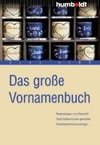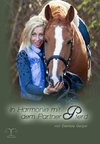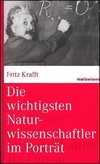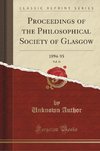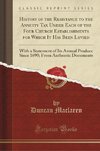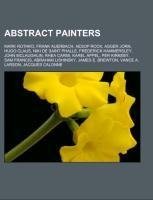
-
 Anglický jazyk
Anglický jazyk
Abstract painters
Autor: Source: Wikipedia
Source: Wikipedia. Pages: 48. Chapters: Mark Rothko, Frank Auerbach, Aesop Rock, Asger Jorn, Hugo Claus, Niki de Saint Phalle, Frederick Hammersley, John McLaughlin, Rhea Carmi, Karel Appel, Per Kirkeby, Sam Francis, Abraham Lishinsky, James E. Brewton,... Viac o knihe
Na objednávku
15.93 €
bežná cena: 17.70 €
O knihe
Source: Wikipedia. Pages: 48. Chapters: Mark Rothko, Frank Auerbach, Aesop Rock, Asger Jorn, Hugo Claus, Niki de Saint Phalle, Frederick Hammersley, John McLaughlin, Rhea Carmi, Karel Appel, Per Kirkeby, Sam Francis, Abraham Lishinsky, James E. Brewton, Vance A. Larson, Jacques Calonne, Jørgen Nash, Lucebert, Asencio, Jan Nieuwenhuys, Carl-Henning Pedersen, Aart Kemink, Alfred Julio Jensen, Stephen Gilbert, Edward Kelly, Cora Cohen, Svavar Guðnason, Pierre Alechinsky, Tess Jaray, Walasse Ting, Ian Stephenson, Robert Jacobsen, Guillaume Cornelis van Beverloo, Mario Prassinos, Malcolm Hughes, Christopher Wood, Emile Kirscht, Emily Mason, Gust Graas, Thibaut de Reimpré, Richard Mortensen, Peter Brandes, Henry Heerup, Scape Martinez, Jean-Michel Atlan, Christian Dotremont, William Gear, Gina Pellón, Erik Ortvad, Pol Bury, Katherine Bradford, Else Alfelt, Donald Cole, Ejler Bille, Raoul Ubac, Alan Uglow, Serge Vandercam. Excerpt: Mark Rothko, born Marcus Rothkowitz (September 25, 1903 - February 25, 1970), was a Russian-born American painter. He is classified as an abstract expressionist, although he himself rejected this label, and even resisted classification as an "abstract painter". Mark Rothko (Marcus Rothkowitz, Mark Rotkovich) was born in Dvinsk, Vitebsk Province, Russian Empire (now Daugavpils, Latvia). His father, Jacob Rothkowitz, was a pharmacist and an intellectual, who provided his children with a secular and political, rather than religious, upbringing. Unlike Jews in most cities of Czarist Russia, those in Dvinsk had been spared from violent outbreaks of anti-Semitic pogroms. However, in an environment where Jews were often blamed for many of the evils that befell Russia, Rothko's early childhood was plagued with fear. Despite Jacob Rothkowitz's modest income, the family was highly educated, and able to speak Russian, Yiddish and Hebrew. Following Jacob's return to Orthodox Judaism, he sent Marcus, his youngest son, to the cheder at age 5, where he studied the Talmud although his elder siblings had been educated in the public school system. Fearing that his sons were about to be drafted into the Czarist army, Jacob Rothkowitz emigrated from Russia to the United States, following the path of many other Jews who left Daugavpils in the wake of Cossack purges. These émigrés included two of Jacob's brothers, who managed to establish themselves as clothing manufacturers in Portland, Oregon, a common profession among Eastern European immigrants. Marcus remained in Russia with his mother and elder sister Sonia. They joined Jacob and the elder brothers later, arriving at Ellis Island in the winter of 1913 after 12 days at sea. Jacob's death a few months later left the family without economic support. One of Marcus' great aunts did unskilled labor, Sonia operated a cash register, while Marcus worked in one of his uncle's warehouses, selling newspapers to employees. Marcus started schoo
- Vydavateľstvo: Books LLC, Reference Series
- Rok vydania: 2012
- Formát: Paperback
- Rozmer: 246 x 189 mm
- Jazyk: Anglický jazyk
- ISBN: 9781158327102
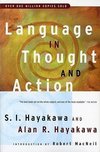
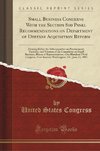
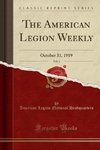

 Nemecký jazyk
Nemecký jazyk 